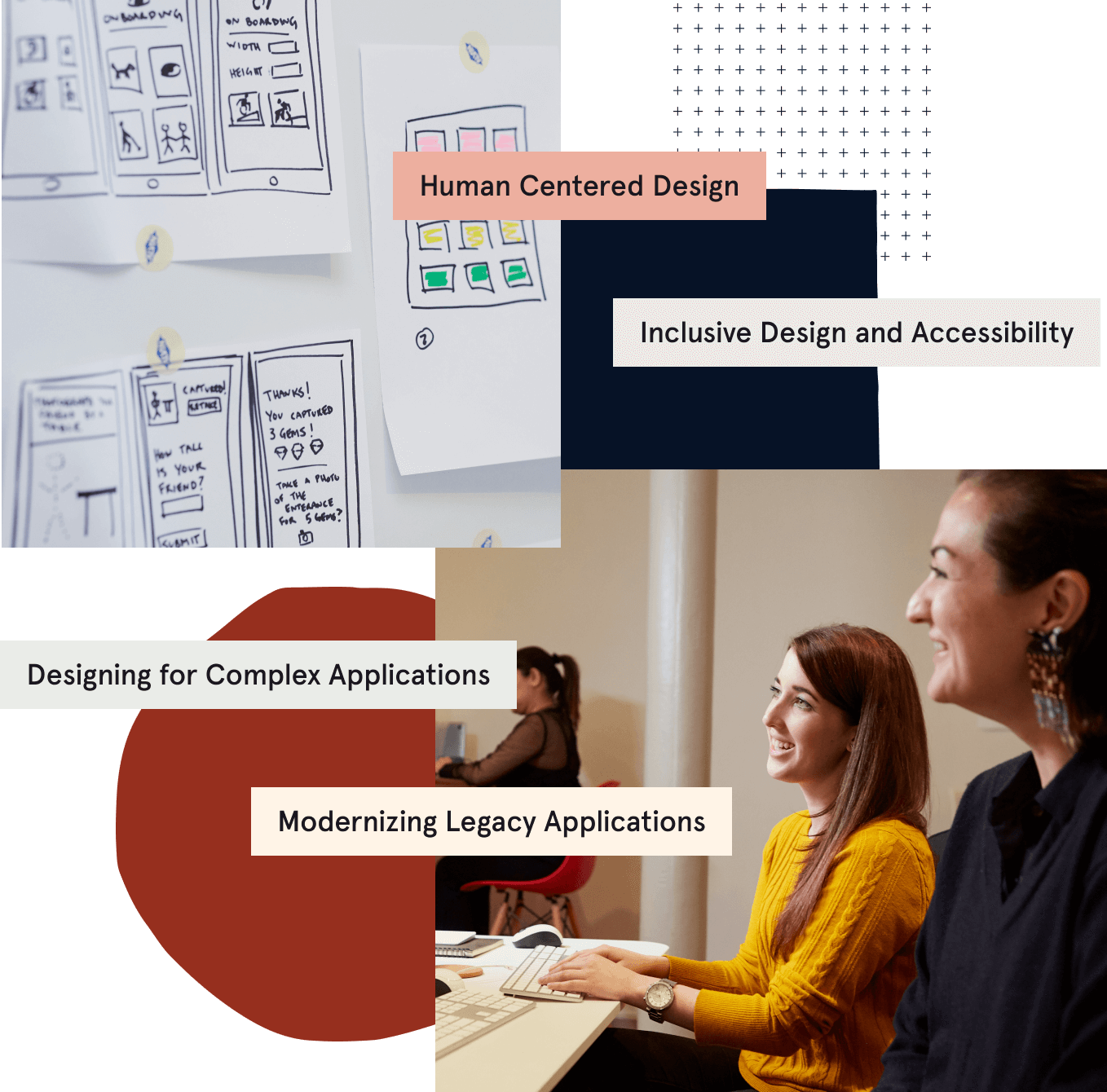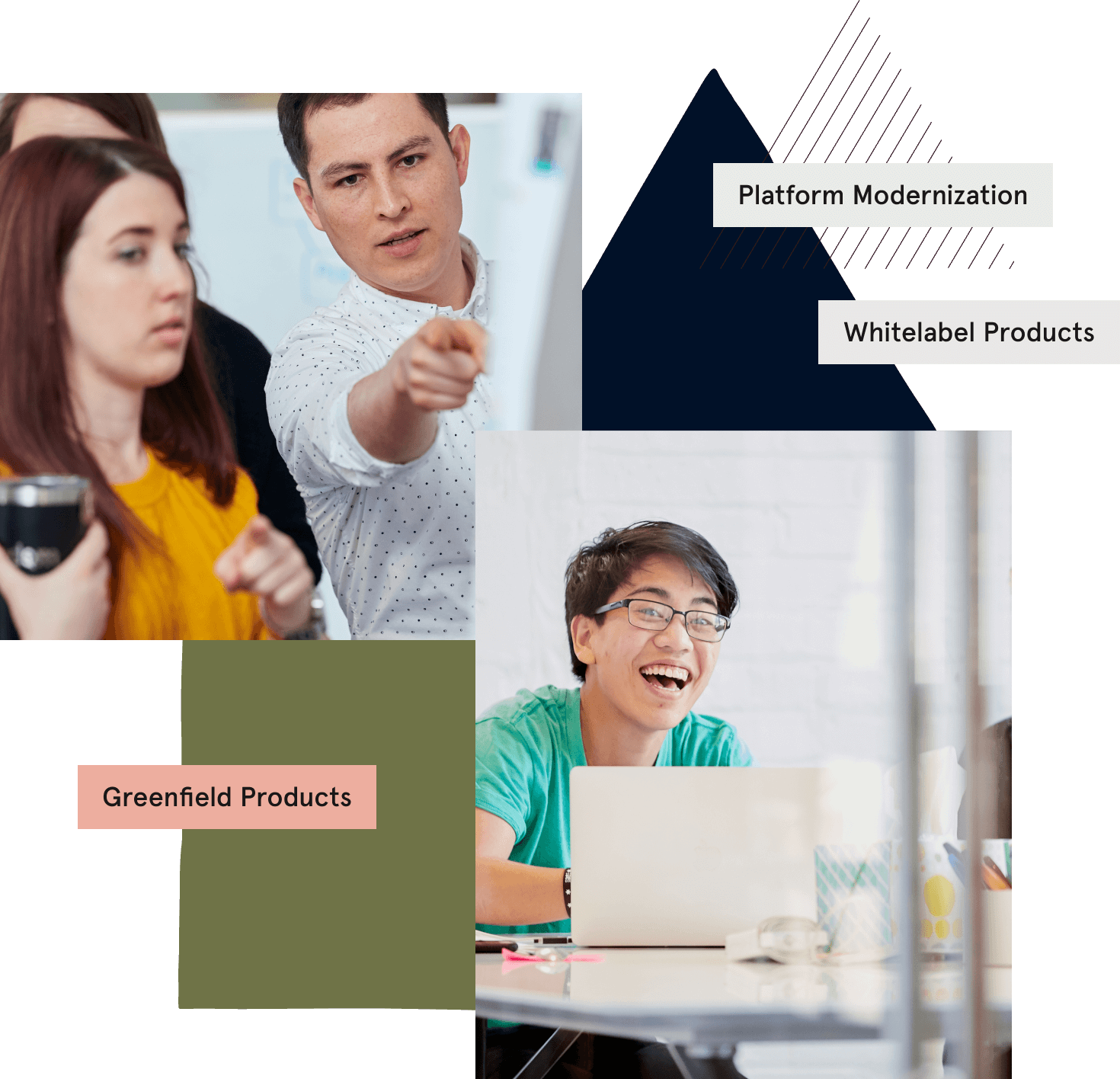Edtech, or education technology, is a trendy word that’s been buzzing around for a while but what does it mean? It’s actually used in 2 different ways. As a traditional noun, it refers to any technology that is used to enhance education and solve problems related to teaching and learning. As a practice, edtech refers to any form of teaching or learning which makes use of technology to enhance the education experience.
Edtech should not be viewed as an alternative to traditional education practices or as a way to disrupt the education industry. Teachers and other educators are vital for students’ success in the classroom. Edtech should be viewed as a growing set of tools for educators to use to improve the learning experience of their pupils.
Edtech has been around in various forms for 20 years, since the web entered mainstream consciousness. It’s recently been picking up steam as a trendy arena for startups and other tech companies to get involved. Below you will find a quick vocabulary lesson for some of the terms used in edtech. Most of these terms are not new, with some being as old as edtech itself, but they may not be familiar to people outside the education and edtech space.
eLearning
eLearning is a catchall term to refer to any web-based access education materials outside of a traditional classroom. It often refers to completing a class, degree, or certificate program online.
Virtual classroom
Virtual classrooms are the most common scenarios that people picture when talking about eLearning. Virtual classrooms attempt to take the traditional classroom experience to the web. There is an instructor and classmates who collaborate and communicate with one another. Class materials are typically made available one week at a time and the classes occur in real time with an instructor.
MOOC
MOOC is an acronym for Massive Open Online Courses. These are classes you can take for free online. MOOCs differ from virtual classrooms in that the class materials are all pre-recorded and provided at once. Having all the materials available all the time allows for self-paced learning.
Blended Learning
Blended learning combines a traditional classroom experience with other forms of eLearning. It’s important to note that blended learning goes beyond simply using technology in the classroom. It refers specifically to using technology outside of the classroom in a way that gives the student some agency over the pacing, environment, or content of their educational experience.
Flipped Classroom
In a flipped classroom, students use various eLearning tools to learn the curriculum outside of the classroom, often in advance of the classroom lesson. During the in-class lesson, they spend the time working through problems, advancing concepts, and engaging in collaborative learning. This also gives the educator more time for individualized instruction during the in-class time. A flipped classroom _flips_ when and where the instruction happens and when and where the homework happens.
Learning Management System
A learning management system (LMS) is software that allows educators to administer, document, track, report, and deliver their classes and educational content. LMSs are the delivery mechanism for most eLearning. An educator can use an LMS to organize their resources for class discussion, manage homework submission and schedule courses. Similar to an LMS is a course management system whose responsibilities are narrower in scope.
Open Educational Resources
Open educational resources (OER) refers to digital materials that are free and available for educators to use in their teaching. OER is the open source movement for education, and there are specific licenses that the content is released under to allow educators to use them in ways that would be prohibited by copyright.
Even though the definition of edtech is general enough to encompass all uses of technology in education, edtech as a movement often refers to specific technologies and practices fueled by current trends in both the tech industry and the education industry. Current discussions in the industry might mention the use of AI in blended learning, for example, so an understanding of the terminology helps both developers and educators working in or researching this field. I hope this quick introduction helps make learning about edtech trends more accessible.









